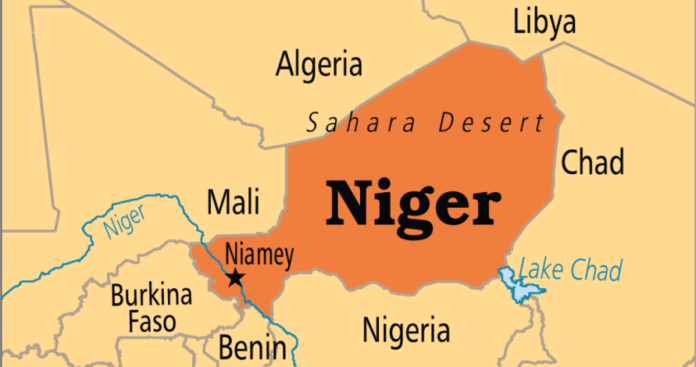Since its military takeover, Niger has faced significant political upheaval, marked by a series of controversial decisions and growing international scrutiny. In a move that underscores the military government’s deepening control, Niger has officially declared Hausa the country’s national language. This decision, formalized in a new charter released on March 31, has stirred both national and international reactions, further shaping the political landscape of the country.
Hausa, which is already widely spoken across Niger, particularly in the Zinder, Maradi, and Tahoua regions, now holds the status of the national language. With approximately 26 million people in Niger, the majority are fluent in Hausa, while only about 13 percent of the population speaks French, the former colonial language. The charter also reaffirms English and French as working languages, acknowledging the nation’s colonial past and its ongoing international relations.
This decision reflects the growing influence of local languages in Niger, with nine other indigenous languages—such as Zarma-Songhay, Fula, Kanuri, Gourmanche, and Arabic—also recognized. By recognizing Hausa as the national language, the military government aims to strengthen national unity and enhance communication across the country, but it also raises questions about the implications for Niger’s multicultural society.
The move comes shortly after a national meeting in February where General Abdourahamane Tiani, the leader of the junta, secured approval to extend his rule for another five years. This consolidation of power further intensifies Niger’s political struggles, which have seen growing unrest since the military took control. While the junta claims it is working to stabilize the country, critics argue that these measures represent a shift towards authoritarianism, with increasing suppression of political opposition and civil liberties.
As Niger navigates these turbulent waters, the declaration of Hausa as the official national language is both a reflection of the military government’s reach and a symbol of the deepening divisions in the country’s ongoing political crisis. The future of Niger’s democracy remains uncertain as the junta tightens its grip on power and seeks to redefine the country’s identity amidst international challenges.










